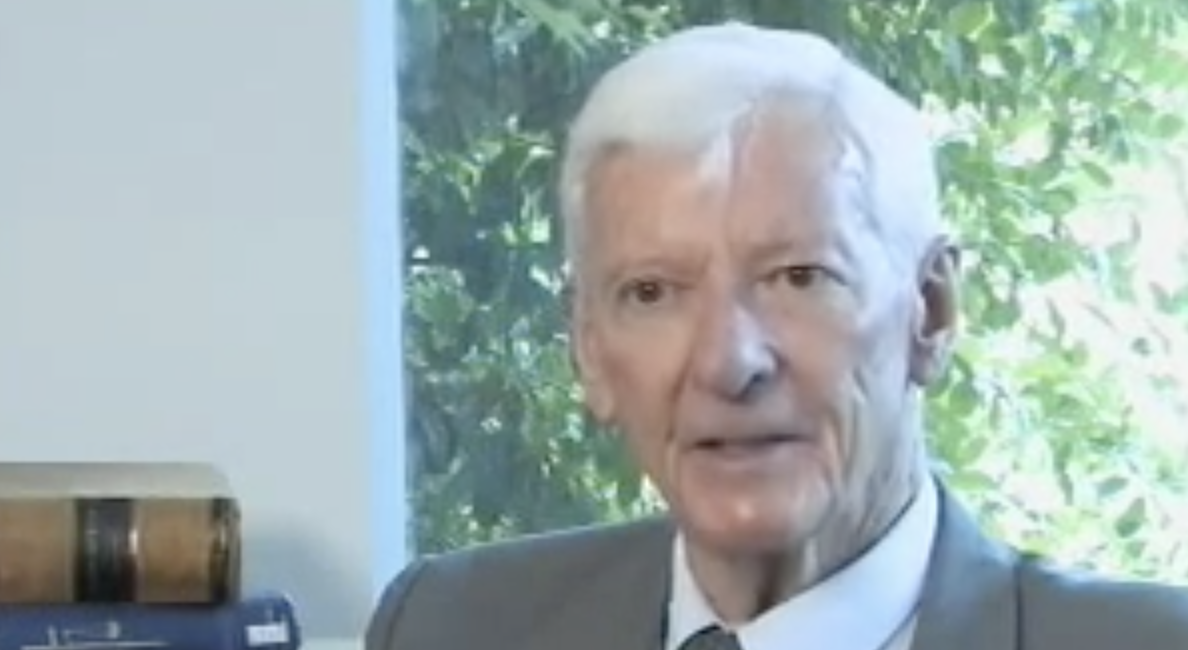Law, Religion, and Human Rights
Human rights are now the lingua franca of international law and global moral discourse, but the relationship of religion and human rights is complex. Religions provide conceptual frameworks for human rights, and religious communities are working at the forefront of human rights advocacy; however, religious communities also commit human rights abuses in the name of religion. The relationship between religion and the state is also increasingly framed in terms of rights, as both the right to freedom of religion and the right to freedom from religion are asserted by peoples around the world. Contemporary analysis of human rights also requires the study of the tensions between religious freedom claims and other fundamental rights claims of sexual liberty and freedom of expression.
For more than 25 years, the Center's research projects in Law, Religion, and Human Rights have explored these issues umder the leadership of many Center faculty, especially Abdullahi Ahmed An-Na'im, Michael J. Perry, Johan D. van der Vyver, and John Witte, Jr. The Center has probed deeply the historical and modern contributions of Judaism, Christianity, and Islam to the development of human rights within their own religious communities and in national and international legal systems. The Center has also documented closely the essential place of religious freedom in the human rights paradigm. Our faculty and project participants have published scores of leading books in this field and a dozen journal symposia. We have hosted a dozen major international conferences on diverse themes from "Religious Humn Rights in Global Perspective," to "What's Wrong with Children's Rights?"
Leadership
Michael J. Perry
Johan D. van der Vyver
Research Director
M. Christian Green
Post-Doctoral Fellow
Audra Savage
Project Director
Mark A. Goldfeder
Affiliated Fellows
Silas W. Allard, Abdullahi Ahmed An-Na'im, Wendell R. Bird, Elizabeth Bounds, Kathleen A. Brady, Rafael Domingo, Mark A. Goldfeder, T. Jeremy Gunn, Benjamin Hertzberg, Allen D. Hertzke, Olga Kazmina, Justin Latterell, Ellen Ott Marshall, Joel A. Nichols, Shlomo C. Pill, Andrea Pin, Gideon Sapir, Audra Savage, Robert A. Schapiro, Charles A. Shanor, John Witte, Jr.




